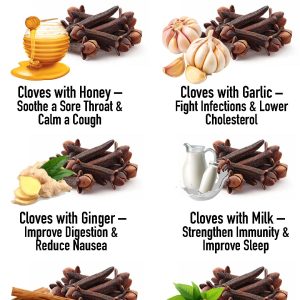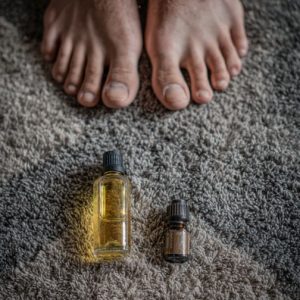
Drooling in Your Sleep Often Sends a Message From Your Body — Here’s What It Might Be Trying to Tell You
Many people notice that they drool while sleeping. Though often embarrassing or inconvenient, this phenomenon can actually reveal surprising insights about your health. Nighttime drooling doesn’t happen by chance — it’s your body’s way of communicating something.
First of all, drooling during sleep often means the facial muscles are relaxing. When you fall into a deep sleep, your mouth muscles loosen, allowing saliva to escape. This happens more frequently if you sleep on your side or stomach — gravity does the rest.
However, it’s not just about sleeping position. Breathing issues or excessive saliva production can also trigger drooling. For instance, if you have a cold, nasal congestion, or allergies, you tend to breathe through your mouth, which increases saliva flow.

A Warning Sign You Shouldn’t Ignore
In some cases, drooling while asleep can signal a more serious condition. It may be a symptom of gastroesophageal reflux (GERD). When acid from the stomach rises into the throat, the body responds by producing extra saliva to neutralize it.
Certain neurological disorders can also lead to excessive saliva or poor muscle control, both of which cause nighttime drooling. Conditions such as facial paralysis, Parkinson’s disease, or certain forms of epilepsy can affect the mouth’s muscle coordination.
Drooling can even be a side effect of medication. Drugs that affect the central nervous system — such as antidepressants or antipsychotics — sometimes alter saliva production or muscle coordination. Pay attention to how your body reacts.
Additionally, poor oral hygiene or dental problems can increase salivation. Gum inflammation or untreated cavities often trigger the body to produce more saliva as a defense mechanism.

What to Do If You Drool at Night
If drooling becomes frequent or excessive, it’s worth consulting a healthcare professional. A doctor or dentist can identify the exact cause and recommend proper treatment.
Improving your sleeping position is often the simplest solution. Sleeping on your back can help reduce saliva leakage. Managing nasal congestion — with saline rinses or antihistamines, if needed — can also help.
Maintaining good oral hygiene plays an important role too. Brushing regularly, using mouthwash, and addressing dental issues can all decrease excessive saliva production.
If the problem persists, a neurological evaluation may be necessary to rule out any underlying disorders.
Finally, don’t overlook stress. Anxiety can sometimes increase saliva production and disrupt sleep. Relaxation techniques, meditation, or regular exercise can help minimize these effects.
Drooling in your sleep isn’t always harmless. This small sign deserves your attention — especially if it appears suddenly or gets worse. Your body might be sending you a signal. Understanding it is the first step toward acting quickly and restoring peaceful, healthy sleep.




